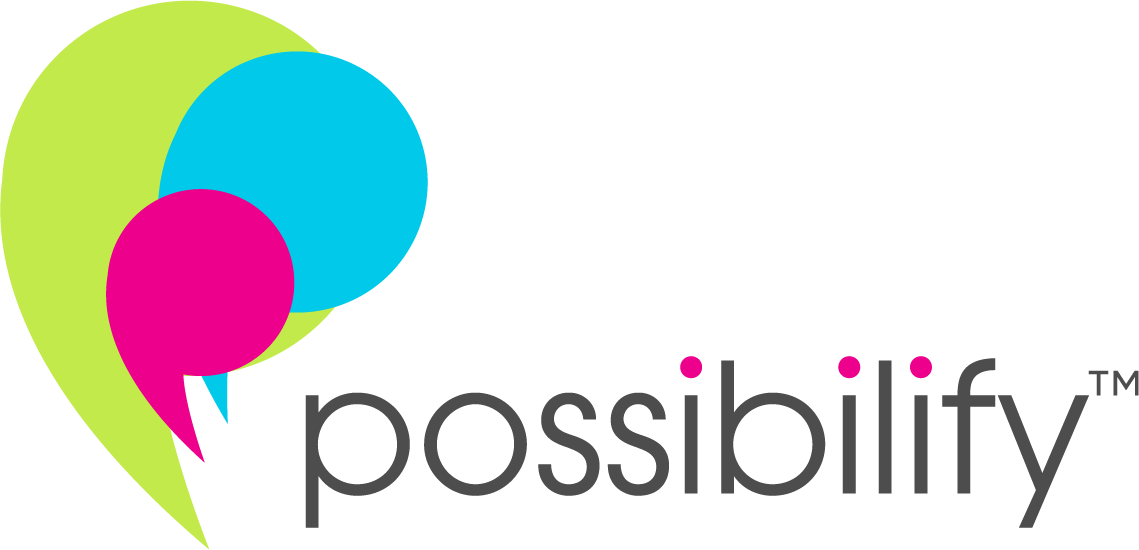- Anti-Racism Tip #8: If It Needs a Disclaimer, Don’t Say It - October 18, 2022
- On Tender Moments that Take Us By Surprise - May 18, 2022
- Finding Creative Ways to Exercise During the Pandemic - April 29, 2022
Right now I’m working on building my skills as a parent. Specifically, I’m working on developing the skills to use the collaborative and proactive solutions approach to parenting developed by Dr. Ross Greene in his book The Explosive Child.
Dr. Ross Greene created this approach to help parents support their children to build skills that they are lacking to deal effectively with expectations that are placed on them. This approach helps parents support their children who have unsolved problems and lagging skills. Often these children’s lagging skills can make them seem “chronically inflexible” and “easily frustrated” and they can get escalated when they are unable to meet expectations placed on them, by parents, siblings, or teachers.
The book and podcast contain tips for parents on how we can have collaborative problem-solving conversations with our children. Dr. Greene provides specific steps to:
- create a respectful space so our children will actually talk to us;
- understand our children’s perspective on what precipitates the frustration;
- express our concerns about the difficulty the child is having in meeting certain expectations, and;
- come up with a mutually agreeable solution that addresses both the parent’s and child’s concerns.
Sound good? Great…I’ll keep going…
I’ve been reading his book to help me have collaborative and proactive conversations with both my children, and in particular to help support my daughter who can become frustrated and anxious, mainly due to her allergy. So I asked my son if he would practice the script with me…and I was blown away with what happened next.
Before I describe the conversation, let me give you some background about the issue I thought it would be good to discuss…
A Rough Morning Before School
It was a Monday morning.
Our son had gotten up early to finish off a complicated rainbow loom bracelet that he has started making on the weekend. It was getting closer and closer to the time we needed to leave for school. My husband Robby started to remind our son that he needed to get moving.
My husband said: “It’s time to put away your rainbow loom and start getting ready for school, bud.”
My son said: “I’m almost done…just a couple more minutes.”
There were a few more reminders and Robby started to lose patience. Our son was starting to feel anxious about finishing his loom more quickly. But he just. kept. looming.
We both started to get on him for not moving towards getting ready for school. I asked him if maybe he could put his loom away and finish after school. He kept saying he was almost finished. Then a little while later he finally finished the bracelet. It was ten minutes past the time he normally leaves for school. He left in a huff; he grabbed his schoolbag, stormed out the back door and ran to school.
So this was the issue I chose to practice the script for collaborative problem-solving…here’s how it went (keep in mind I’m a beginner and I didn’t follow the script totally correctly).
Me: “I noticed you had difficulty this morning putting away your rainbow loom and leaving for school. What’s up?”
Him: “I was trying to finish the bracelet I was making.”
Me: “Yes, you were working hard on your rainbow looms all weekend.”
Him: “Yeah.”
Me: “Well, you know it’s really important to get to school on time and it’s particularly important to your Dad that our family is on time for things.”
Him: “Yeah.”
Me: “I wonder if there was a way that that rough morning could have gone better.”
Him: “Well, what’s more important: being on time or keeping a promise to someone?”
Me: “I don’t understand what you mean…what promise?”
Him: “You always say it’s important to be a person of your word and keep your promises. Remember? I promised my sister that I would make her a rainbow loom bracelet for her right after I finished mine.”
In that moment, it all came rushing back to me…
On the weekend, our daughter had asked him to make a rainbow loom bracelet for her. She was too small to make it on her own and our son had told her he would make it after he was finished his. Then I remembered that as I walked by him that Monday morning, I casually said to him: “That looks great. Don’t forget that you promised your sister that you’d make her one too.” As he responded: “Oh, right!” his eyes widened and a worried expression crossed his face.
My eyes welled up with tears. Our conversation continued:
Me: “So I guess it was hard because you had two important things you were trying to decide between: keeping a promise or being on time for school.”
Him: “Yeah. What would you do?”
Me: “Hmmm…that’s a hard one.”
Him: “Well…I think keeping a promise is more important.”
Me: “Yes, I can understand that.”
On this first try, we didn’t get to a solution. This was partly because I was blown away by how this approach to a conversation had revealed so much to me about my son. I learned that he, like all children, is soaking up the values that we’re teaching him – values about being a person of one’s word and the importance of being on time as a sign of respect for others. I learned that he’s weighing competing demands and making important, complex choices about which key value should win out when conflicts arise. And through that conversation, I was reminded yet another time that our son has a really good, kind heart.
I’m happy to report that as I keep practicing this collaborative and proactive solutions approach, I have had a lot of success with both kids and have been able to come up with collaborative solutions to some key issues that we have been working through. So I encourage each of you to explore Dr. Ross Greene’s book and podcast to continue developing your skills as a parent.
This collaborative and proactive solutions approach works with children who are chronically inflexible and easily frustrated and it also works with children who are not. In either case, I can attest that it will provide valuable insight into the amazing qualities and thought processes of your children while at the same time deepening your connection with them.
We would love to hear your thoughts in the comments below and if you enjoyed this article, share it!
If you liked this article, check out:


Very fascinating, Kirsten! In my many years of teaching I found that there are certain children who have a very strong drive to finish whatever they start. They hate unfinished tasks and often with the way school is scheduled they are forced to leave many projects unfinished, until the next time a source of great frustration for them. I know my mother had that same drive. She had so many daily tasks in trying to raise 7 children but she would work long into the night to finish knitting or sewing an outfit for one of us. I wonder if such characteristics are inherited?
Those are great observations. I certainly see that tendency in my own children and I know that the rigid school schedule, particularly transitions can be challenging. I wonder if there is a way to soften these transitions or that feeling of getting interrupted during something children are focusing on finishing. It’s a good question if these are inherited traits – it makes sense… Thanks for the comment and important reflections you shared!